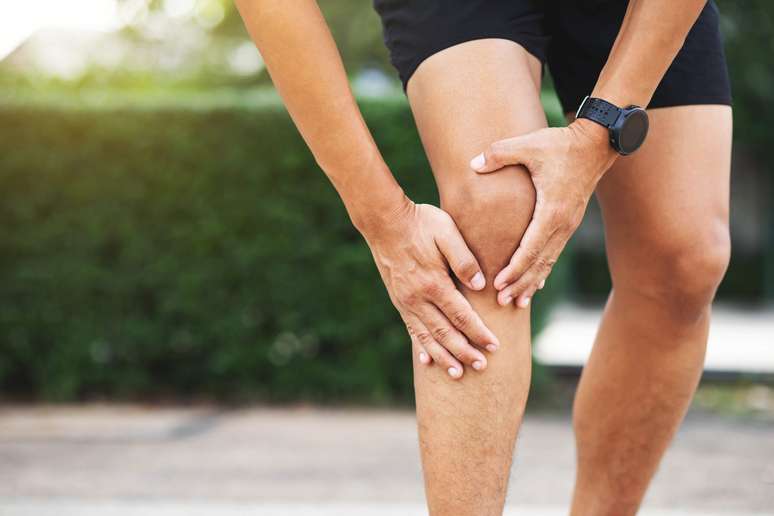Isaías Chaves, orthopedist and hip and knee specialist, recommends treatments to avoid injuries and degenerative diseases such as arthrosis. Responsible for supporting the body’s weight and absorbing impacts, the knee joint is one of the most demanding regions of the human body. Therefore, knee injuries are not exclusive to athletes, such as […]
Isaias Chaves, orthopedist and hip and knee specialist, recommends treatments to avoid injuries and degenerative diseases such as osteoarthritis
Responsible for supporting the body’s weight and absorbing impacts, the knee joint is one of the most demanding regions of the human body. Therefore, knee injuries are not unique to athletes, as you might think, but can affect anyone, regardless of age or routine.
Furthermore, diseases such as osteoarthritis, often associated with advanced age, can also affect younger people. “Arthritis can develop in younger individuals due to trauma, joint overload caused by obesity or inadequate physical exercise practices,” explains orthopedist Isaías Chaves, specialist in hips and knees.
According to the doctor, adopting specific treatments is essential to preserve the health of this area for life and prevent knee injuries. See the main guidelines below:
Tips for preventing knee injuries
1 – Practice regular physical exercise
Practicing physical activity is beneficial for knee health, but must be done with adequate guidance. “Exercises help maintain body weight, strengthen muscles and activate the circulation of blood and synovial fluid, essential for nourishing the cartilage,” explains the doctor.
However, he points out that practices performed inappropriately or without professional supervision can overload the joints, leading to injuries.
2 – Check your weight
Maintaining adequate weight is essential to avoid overloading your knees. “Excess weight generates repetitive and excessive impacts on the joints, accelerating the wear of the cartilage and contributing to the development of problems such as arthritis and osteoarthritis,” explains Dr. Isaías.
Furthermore, obesity is associated with a chronic inflammatory state of the body, which worsens joint pain and increases the susceptibility to degenerative lesions, such as those to the menisci.
3 – Invest in a balanced diet
A balanced diet is essential for joint health. “Avoid inflammatory foods, such as sugar, excess salt and saturated fats, and prefer protein sources, which help strengthen muscles,” advises the specialist. Strengthened muscles play an important role in protecting joints, promoting greater stability and reducing the risk of injury.
4 – Do training on mobility
Pilates activities help the patient improve joint mobility and lengthen muscles. As the years pass and the natural wear and tear of the joints, a loss of mobility can occur, resulting in shortening of the muscles. Performing activities that improve mobility and muscle lengthening reduce joint overload, promoting better load distribution and body protection.
5 – Pay attention to knee pain
Mild pain that occurs after physical exertion is generally nothing to worry about, but persistent or disabling pain requires medical attention. “If the pain does not go away on its own or is associated with swelling, difficulty moving or clicking, it is essential to contact a specialist,” advises Isaías.
Taking care of your knee health is essential to ensuring quality of life and preventing future limitations. With healthy habits and medical monitoring it is possible to protect this important joint.
Source: Terra
Ben Stock is a lifestyle journalist and author at Gossipify. He writes about topics such as health, wellness, travel, food and home decor. He provides practical advice and inspiration to improve well-being, keeps readers up to date with latest lifestyle news and trends, known for his engaging writing style, in-depth analysis and unique perspectives.








